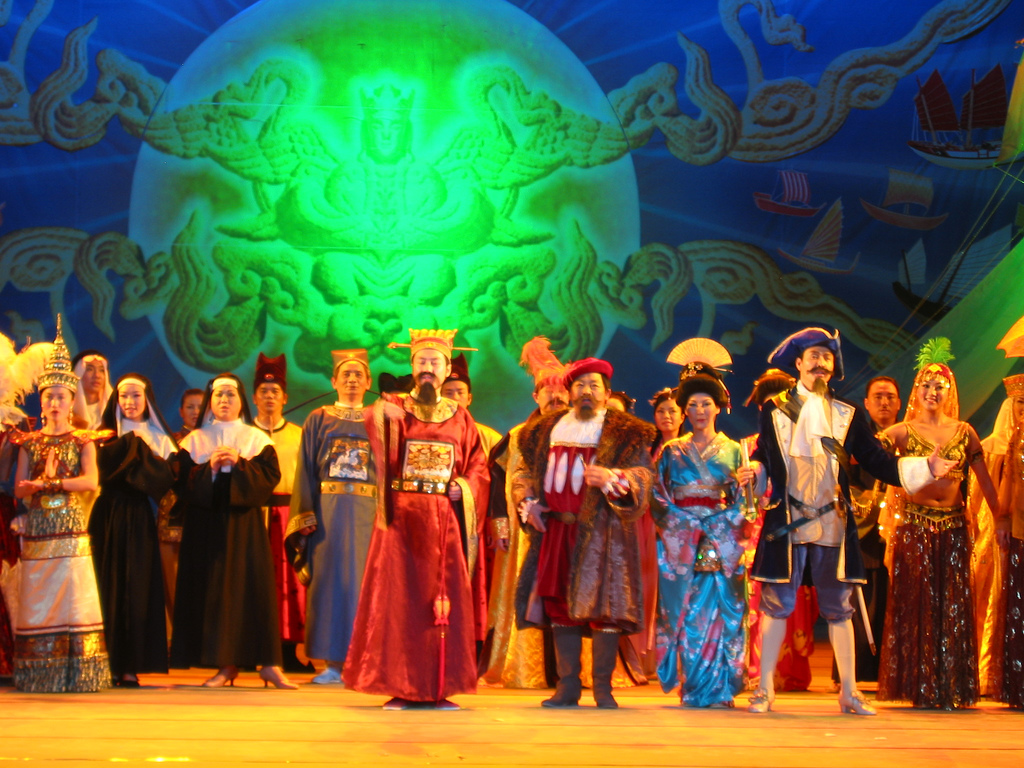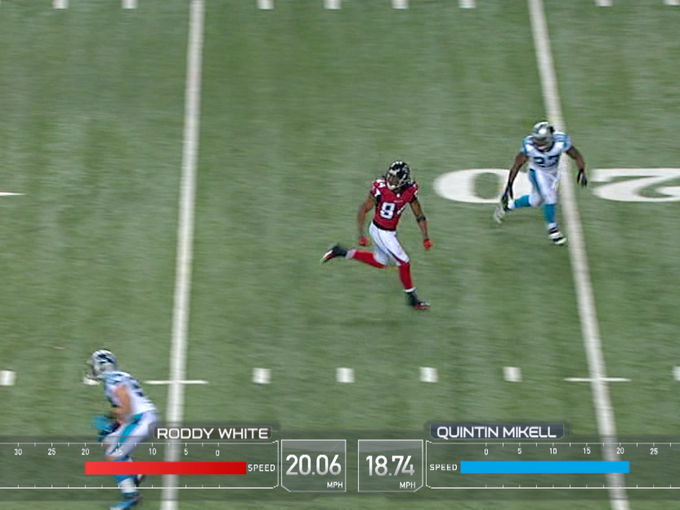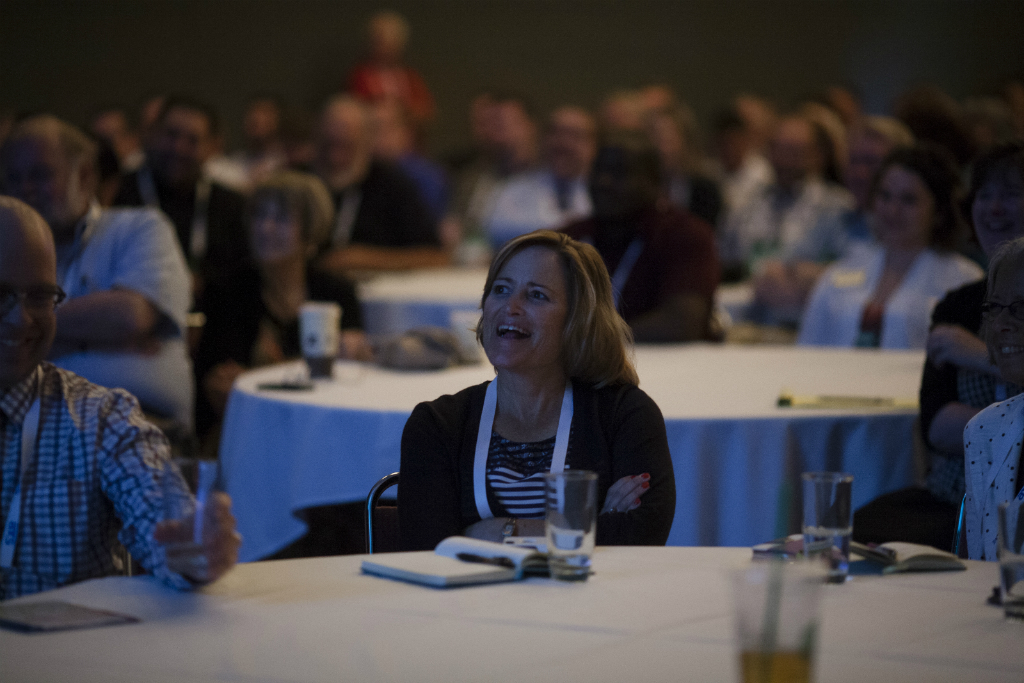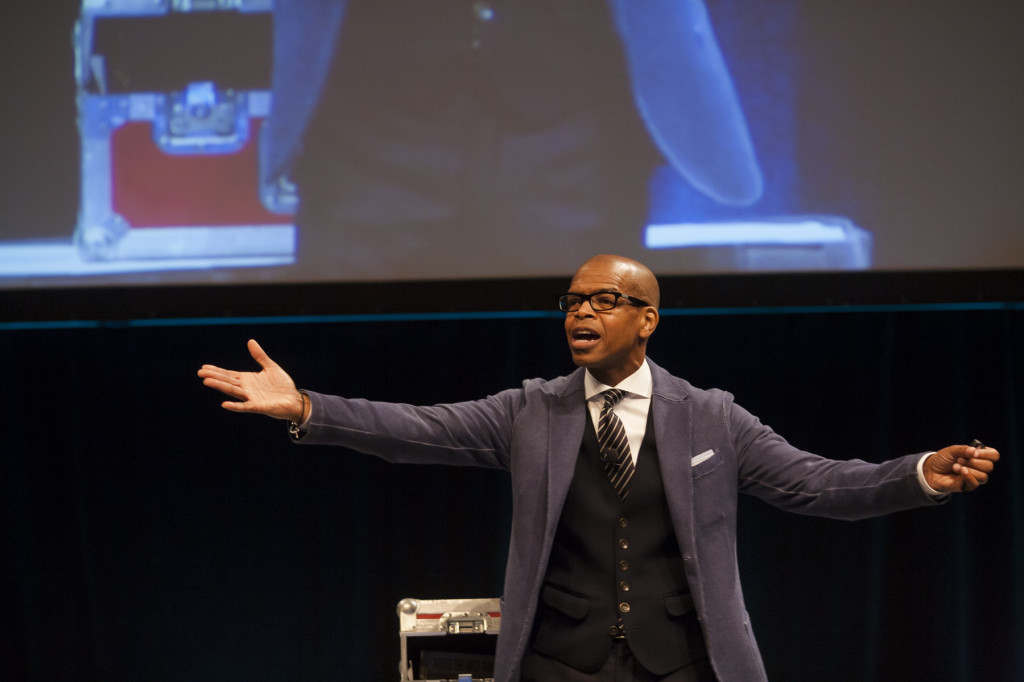China to Build Base to Promote and Produce Musical Theatre
A new center in the Hebei province plans to help give musical theatre a boost when it opens in China.
“With an investment of around 2 billion yuan (US$323 million) from the local government and Beijing-based production company Ovation Cultural Development, the operation covers an area of about 95,000 square meters with a musical theater and related facilities to be completed by 2017,” the China Daily reported.
The first production will be a Mandarin version of Into the Woods, which will have 100 performances in Beijing in November before going on a national tour. The show has been in development for three years, according to Li Xiaofei, general manager of Ovation Cultural Development.
Musical revenues in 2013 were 230 million yuan ($37.2 million), Li said, an increase of more than 20 percent year over year. More than one million people attended a musical theatre performance in 2013.
“The musical market in China is very promising,” said Li in the China Daily. “Unlike some other Western art forms, like opera and ballet, musicals are commercial and entertaining. It doesn’t require professional knowledge to appreciate.”
(photo credit: tenementpalm via photopin cc)
Scent Design and the Audience Experience
Theatre performances engage many of your senses—sights, sounds, speeches. Smells, though, aren’t usually covered, unless the person sitting next to you is having a bad hygiene day. But maybe there’s a time and place for scents during a play.
“I split up scent design into two categories. One is an ambient smell or scent, which is scenting the theatre or the performance space as the audience is walking in. It’s part of the initial impression. It’s more like an installation, so it serves to transport the setting, or to make it ‘other,'” said David Bernstein, a scent designer, profiled in The Clyde Fitch Report. “The second is more like scent cues. Rather than scenting the space when you walk in, it’s the introduction of aromas to coincide with the action on stage.”
Writer Dillon Slagle spoke with Bernstein to learn more about how scent design integrates with other design elements and how it affects an audience’s expectations.
“When you make a space smell different from wherever the audience came from, immediately you have this fast lane to the part of their brain that’s connected with emotions, that’s connected with memory,” Bernstein told Slagle. “You’re making a very clear and a full transformation of their perception of the space that they’re walking into that a set can’t do, that lighting can’t do, that nothing else can do. That’s the most positive effect it can have on the audience. It’s the most dimensions you can have.”
That sounds great; however, I have the same question one of the article’s readers posted: How do you protect those who are sensitive or allergic to certain scents?
Please read the rest of the article to learn more about scent design and Bernstein, and let us know your thoughts about scent design during performances. Good, bad, indifferent?
(photo credit: bradleygee via photopin cc)
Industry News Weekly Roundup
There was a lot of news this past week. Here are some stories that caught our eyes.
Player-tracking System Will Let NFL Fans Go Deeper Than Ever
—USA Today
“The NFL partnered with Zebra Technologies, which is applying the same radio-frequency identification (RFID) technology that it has used the past 15 years to monitor everything from supplies on automotive assembly lines to dairy cows’ milk production.”
Robots Replace Fans at Korean Baseball Stadium
—CBR
“Some movements of the robots can also be controlled over the Internet by supporters who are not able to get to the stadium. They can also upload their faces for that personalised ‘touch.'”
Globe Theatre Takes Out 100 Audience Members With Its Gory Titus Andronicus
–The Independent
“The Independent can disclose that more than 100 people either fainted or left the theatre after being overcome by on-stage gore – making it a strong candidate for the most potent show in British history.”
Wyly Theatre Welcomes Six Small Companies as Part of New Collaboration
—The Dallas Morning News
“Six small, acclaimed local companies will make their Wyly Theatre debut as part of the Elevator Project, a new collaboration between the AT&T Performing Arts Center and the Dallas performing arts community that kicks off Aug. 22.”
Walk This Way: These “Smart Shoes” Vibrate to Point You in the Right Direction
—Digital Trends
“Wouldn’t it be nice to just know exactly where to turn at any given moment?”
(Image: USA Today/NFL)
Introducing IAVM’s Venue Group Membership Program
Your biggest asset is your staff, and now you can train them for much less with IAVM’s new Venue Group Membership program.
Venue Group Membership delivers an affordable discount pricing structure that enables venues to sign up to 20 employees who are involved in venue management. Applicants (members) must be a direct employee of the venue, a stakeholder (mayor, city manager, CVB professionals) or student interns. Venue Group Membership also follows the same voting guidelines as Professional Members.
All current venue types are eligible, and the cost is US$3,000. One individual shall be designated the Primary Member/Representative for the Venue Group Membership.
Stipulation: Single venue, one address per membership. A single payment is required to establish Venue Group Membership–a check or credit card payment.
In addition to a discounted rate, IAVM’s Venue Group Membership offers the convenience of one single renewal payment.
Transition: Memberships are transferrable when an employee departs. If the new venue does not participate in IAVM’s Venue Group Membership program upon the employee’s arrival, the departing member will be responsible for Professional Membership dues. The initiation fee will be waived. The departing member will have 60 days to set up his or her individual membership with IAVM at the Professional dues rate. If the new venue is participating in the Venue Group Membership program and has space under the maximum number allowed, the member will assume the new venue’s renewal date.
If the Primary Member/Representative departs the venue, responsibility for the IAVM Venue Group Membership will be assigned to the next-highest ranking member by IAVM unless otherwise notified.
It’s time to groom the next round of industry leaders. Identify your superstars, and sign them up for IAVM Venue Group Membership now!
If you have questions or you’re ready to sign up, please call IAVM Member Services at 972.906.7441 or membership@iavm.org.
(Image: Orange Photography)
VC14: Closing Keynote, Kevin Carroll, Wants You to Play More
Reawakening the spirit of creative confidence in people is important to Kevin Carroll, the closing keynote speaker on Monday, July 28, at VenueConnect 2014.
In an inspiring and often funny presentation, Carroll told attendees his life story and how he discovered that learning and playing are important, especially in relation to innovation.
“Play is serious business,” Carroll said. “I often like to quote Albert Einstein, who said, ‘Play is the highest form of research.'”
Carroll explained the concept of the red rubber ball he carries with him and how it opens up lines of communication.
“We all speak ball,” he said. “It’s an instant connection.”
He asked attendees to reflect on what they’re chasing in their lives, what their rubber balls are, and to always be present and curious.
“There are two great days in a person’s life,” he said, before receiving a standing ovation. “The day you’re born, and the day you discover why.”
You can read more about Carroll in the June/July issue of FM magazine.
(Image: Orange Photography)
Do you want to receive a Front Row News weekly digest?
Categories
- Allied (856)
- Architecture (147)
- Arenas (744)
- Career (890)
- Convention Centers (889)
- Education (608)
- Events (1,528)
- Food & Beverage (193)
- Foundation (113)
- Guest Experience (1,482)
- Industry News (2,253)
- Leadership (1,872)
- Marketing (150)
- Membership (1,985)
- Music (212)
- Performing Arts Centers (453)
- Professional Development (398)
- Research (127)
- Safety & Security (425)
- Sports (763)
- Stadiums (607)
- Student (159)
- Technology (515)
- Ticketing (92)
- Touring (82)
- Trends (357)
- Uncategorized (771)
- Universities (216)
- Video (25)
- Young Professional (198)
Twitter Feed
- Twitter feed loading
Recent Posts
- GEODIS Park Selects Allied Universal As Its Preferred Event Services Provider
- Venuworks Appoints Marc Solis as Executive Director of the Fresno Convention and Entertainment Center
- Los Angeles Convention Center Diverts 8,000 Pounds of Wood Waste to Local Foundation Supporting Fire Victims
- Fort Worth Unveils Plans for Phase 2 of Convention Center Transformation
- San Diego Convention Center CEO Announces Retirement After a Decade of Leadership
Categories
- Allied
- Architecture
- Arenas
- Career
- Convention Centers
- Education
- Events
- Food & Beverage
- Foundation
- Guest Experience
- Industry News
- Leadership
- Marketing
- Membership
- Music
- Performing Arts Centers
- Professional Development
- Research
- Safety & Security
- Sports
- Stadiums
- Student
- Technology
- Ticketing
- Touring
- Trends
- Uncategorized
- Universities
- Video
- Young Professional
Archives
- February 2026
- January 2026
- December 2025
- November 2025
- October 2025
- September 2025
- August 2025
- July 2025
- June 2025
- May 2025
- April 2025
- March 2025
- February 2025
- January 2025
- December 2024
- November 2024
- October 2024
- September 2024
- August 2024
- July 2024
- June 2024
- May 2024
- April 2024
- March 2024
- February 2024
- January 2024
- December 2023
- November 2023
- October 2023
- September 2023
- August 2023
- July 2023
- June 2023
- May 2023
- April 2023
- March 2023
- February 2023
- January 2023
- December 2022
- November 2022
- October 2022
- September 2022
- August 2022
- July 2022
- June 2022
- May 2022
- April 2022
- March 2022
- February 2022
- January 2022
- December 2021
- November 2021
- October 2021
- September 2021
- August 2021
- July 2021
- June 2021
- May 2021
- April 2021
- March 2021
- February 2021
- January 2021
- December 2020
- November 2020
- October 2020
- September 2020
- August 2020
- July 2020
- June 2020
- May 2020
- April 2020
- March 2020
- February 2020
- January 2020
- December 2019
- November 2019
- October 2019
- September 2019
- August 2019
- July 2019
- June 2019
- May 2019
- April 2019
- March 2019
- February 2019
- January 2019
- December 2018
- November 2018
- October 2018
- September 2018
- August 2018
- July 2018
- June 2018
- May 2018
- April 2018
- March 2018
- February 2018
- January 2018
- December 2017
- November 2017
- October 2017
- September 2017
- August 2017
- July 2017
- June 2017
- May 2017
- April 2017
- March 2017
- February 2017
- January 2017
- December 2016
- November 2016
- October 2016
- September 2016
- August 2016
- July 2016
- June 2016
- May 2016
- April 2016
- March 2016
- February 2016
- January 2016
- December 2015
- November 2015
- October 2015
- September 2015
- August 2015
- July 2015
- June 2015
- May 2015
- April 2015
- March 2015
- February 2015
- January 2015
- December 2014
- November 2014
- October 2014
- September 2014
- August 2014
- July 2014
- June 2014
- May 2014
- April 2014
- March 2014
- February 2014
- January 2014
- December 2013
- November 2013
- October 2013
- September 2013
- August 2013
- July 2013
- June 2013
- May 2013
- April 2013
- March 2013
- February 2013
- January 2013
- May 2012
- March 2012
- December 2011
- November 2011
- October 2011
Recent Comments
- Frank Bradshaw, Ph.D., CVE on John Meyer, CVE, a Tireless Advocate of Certification for Venue Professionals, Has Died
- Neil Sulkes on Hilary Hartung, Friend to Many in Venue Marketing, Has Left Us
- Jason Parker, CVE on The Devastation of Hurricane Helene and How We Can Support One Another
- Larry Perkins on Touhey Testifies Against Speculative Ticketing Before Congressional Subcommittee
- Peter Secord on Major Players for Planned Elkhart Amphitheater Were in the Mix at VenueConnect





